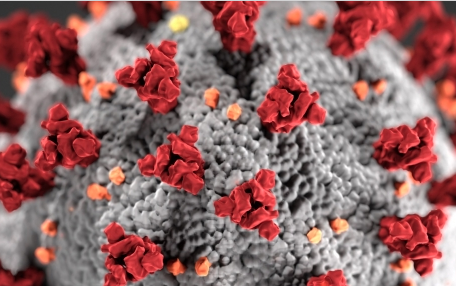SHANGHAI – China’s recent COVID-19 outbreaks in the northeast have come from travelers entering the country or contaminated frozen food imports, the National Health Commission (NHC) said on Saturday.
NHC Minister Ma Xiaowei made the comments at a government meeting, where he also said the virus was spreading to rural areas and that the handling of the recent situation had exposed how prevention and control measures had been relaxed.
“Since Dec. 2020, epidemic clusters have occurred in Beijing, Sichuan, Liaoning, Hebei and Heilongjiang,” a statement posted on the NHC’s website said citing the briefing by Ma.
“They mainly have the following characteristics. Firstly, they are all imported from abroad, caused by travelers from overseas, or contaminated cold-chain imported items.”
Total case numbers remain well below what China saw at the height of the outbreak in early 2020, but concerns about a new wave are growing with the Lunar New Year a month away.
This surge comes as a World Health Organization-led (WHO) team of investigators are in quarantine in the city of Wuhan, where the disease was first detected in late 2019. The team aims to investigate the origins of the pandemic that has now killed 2 million people worldwide.
China is the only country to claim COVID-19 can be transmitted via cold chain imports, even though the WHO has downplayed the risks, and has been pushing a narrative via state media that the virus existed abroad before it was discovered late last year in the central city of Wuhan.
The country has in the past week seen the number of daily cases jump to an over 10-month high, and for Jan. 15 reported 130 new coronavirus cases in the mainland, versus 144 cases a day earlier.
Of those cases, 115 were local infections, 90 of which were in Hebei province surrounding Beijing that has been hit hardest in the latest wave.
Another 23 cases were found in northeastern Heilongjiang province while two cases were reported in Beijing. The authority also reported 79 new asymptomatic patients, which it does not classify as confirmed cases, were found on Jan. 15 compared with 66 a day earlier.
About 28 million people have been put under lockdown so far as a result and Ma said the latest outbreak had quickly spread widely due to activities such as wedding banquets or large group gatherings, and that it was difficult to control as community transmission had already occurred when cases were discovered.
Beijing will begin requiring travelers from abroad to undergo health monitoring for seven additional days following 21 days of medical observation, Xinhua reported on Saturday, quoting the authorities as saying, but did not provide detail on the health monitoring requirement. The city extended its quarantine period for inbound travelers to 21 days earlier this month.
Earlier, Xinhua warned in a commentary that government officials should not “cry wolf” and be too quick to declare that they are entering “wartime mode”,saying that it could increase unnecessary panic and affect normal production.
The total number of confirmed COVID-19 cases in mainland China now stands at 88,118, while the death toll remains unchanged at 4,635. (Reuters)

